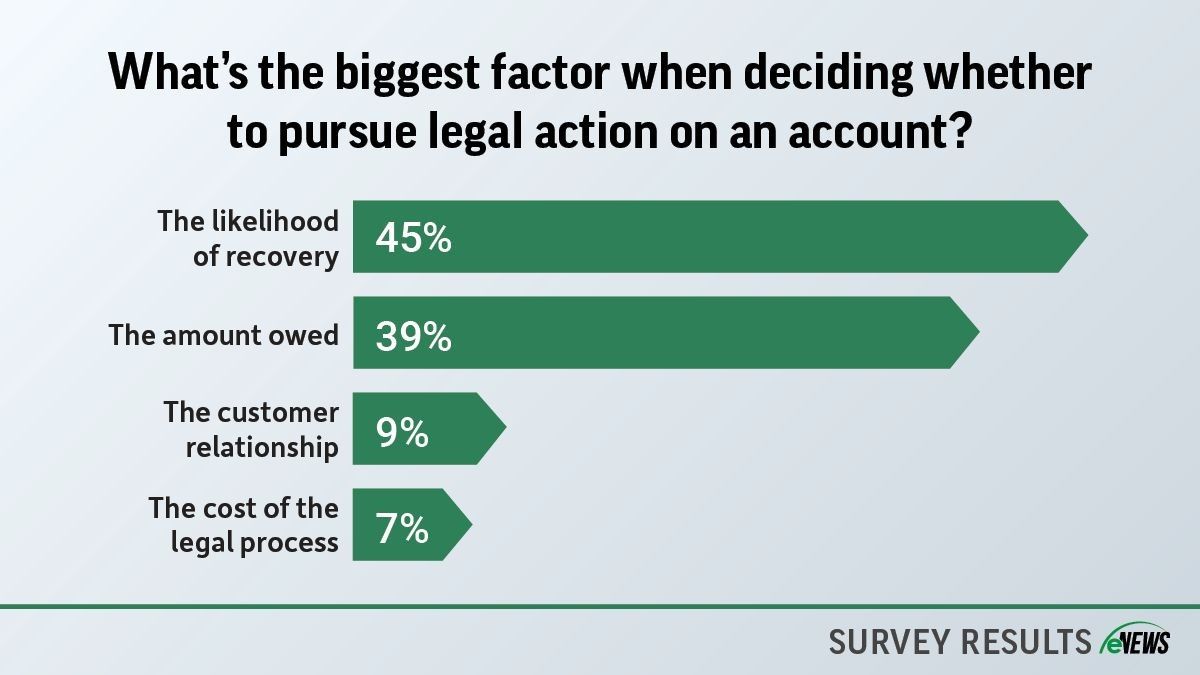Business Practices, eNews
The smart spend: How discretionary funds support credit teams in a downturn

As economic uncertainty rises and markets lose stability, many companies anticipating cash flow issues will be looking for areas of the budget to slash to soften the blow. Discretionary funds, which can cover a variety of professional endeavors, from education to customer visits to professional development, are often the first on the chopping block when the economic outlook looks bleak.
By the numbers: According to an eNews poll, 44% of respondents say their companies are responding to economic turmoil by cutting discretionary spending, followed by staff cuts (33%), hiring freezes (19%) and delayed technology upgrades (3%).
While some companies allocated budget dollars to educational or professional development, for many that money comes from their discretionary funds. Undermining the importance of these funds is underestimating the immense value of education in a dynamic field like credit management. Economic uncertainty requires sharper credit decisions made possible by continued education.
“My team is very big on growth,” said Tracy Mitchell, CBA, director of accounts receivable at Trinity Logistics (Seaford, DE). “They want to know how they can advance, grow and develop. Having that money available is important because all these things are vital to being able to take the next step. It’s important to have the competencies and skill level to make decisions and the more education that we have available to them, the easier it is for them to accomplish those competencies and build those skill levels.”
By supporting your department through educational opportunities, you can create a nurturing environment where everyone is able to grow as their skills strengthen the credit department as a whole. “Most of the members on our team never had educational opportunities at their former companies,” said Heidi Lindgren-Boyce, CCE, senior credit manager at Star Rentals (Kent, WA). “They were previously not allowed to attend trade group meetings or go to our Affiliate’s all-day programs, but we support it, and they’re just exuberant about that. Every single person in my department has a credential, whether it be a CBA, CBF or CCE. My newest member, and she’s only been here less than a year, is starting her accreditation.”
Taking the time to research scholarships can make education opportunities less of a financial burden. “If there are scholarships available, we make sure we use those to help bring down what my department spends on education,” Lindgren-Boyce said. “There were five of us were going to Credit Congress and we all were awarded scholarships for the registration fees, so we were able to bring the price down significantly.”
While it may be intimidating to ask your senior leadership for budget dollars to cover the cost of professional development and education, encourage management to view the request as an investment that will make a world of difference to the credit department’s productivity, effectiveness and workflow. When asking for an increased budget for educational opportunities, it is important to not only explore the benefits, but how they can be cost-effective down the road.
“One of the best ways to advocate for funding is to find a resource out there and use it as an example,” Mitchell said. “Take someone who’s working towards a specific goal or skill building and find a resource, either free or low-cost, that could help them. Then, use that as a case study to say, ‘Hey, we typically don’t have this, but I wanted to show you how beneficial this was to this person’s growth.’”
The bottom line: Finding ways to work around a slashed budget and strategies to advocate for your department can help credit departments find their footing in uncertain times. Economic uncertainty changes every aspect of a credit manager’s work making continuing education, networking and professional growth opportunities core to making the sound credit decisions that lead to the financial success of a company.





